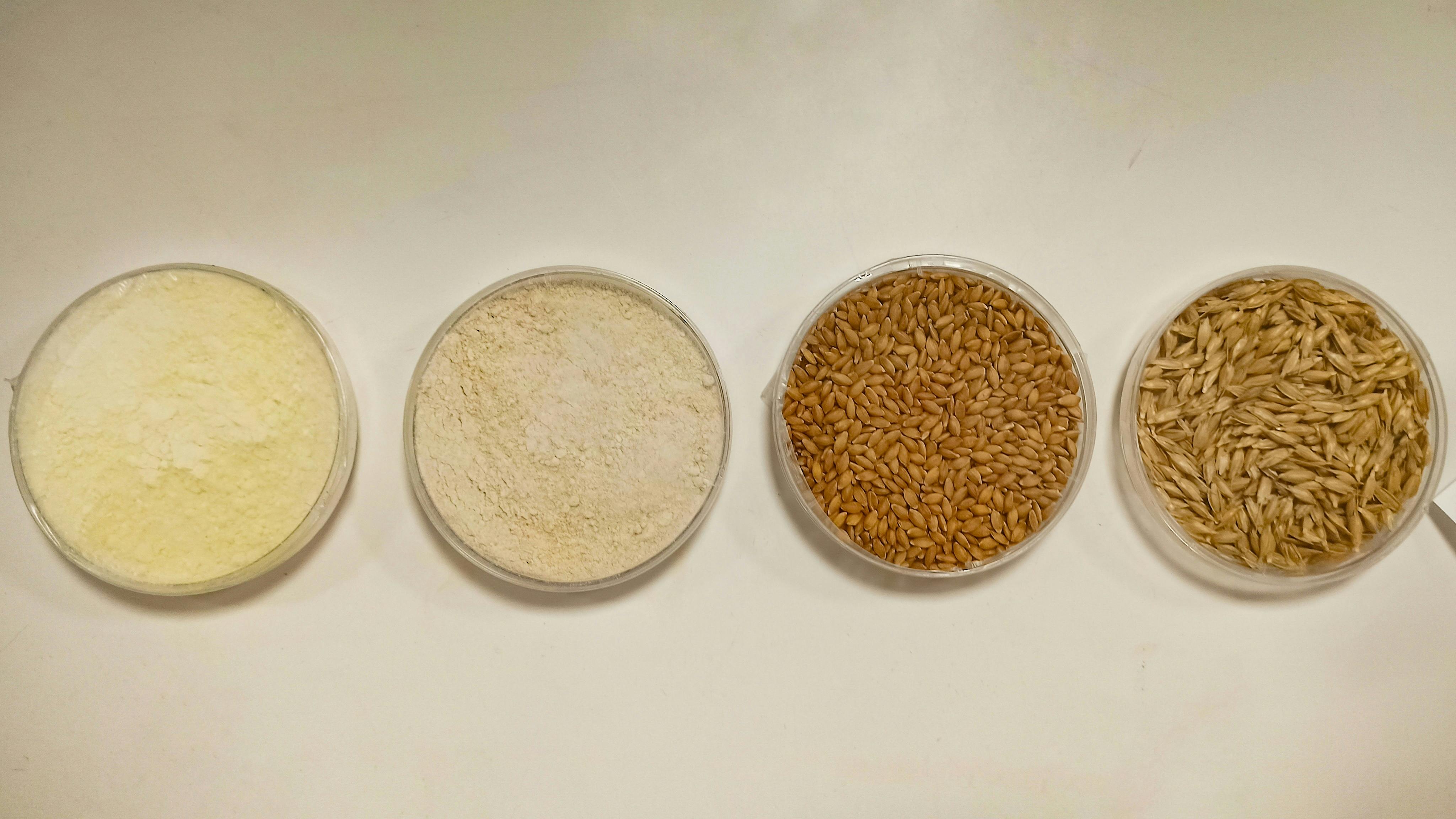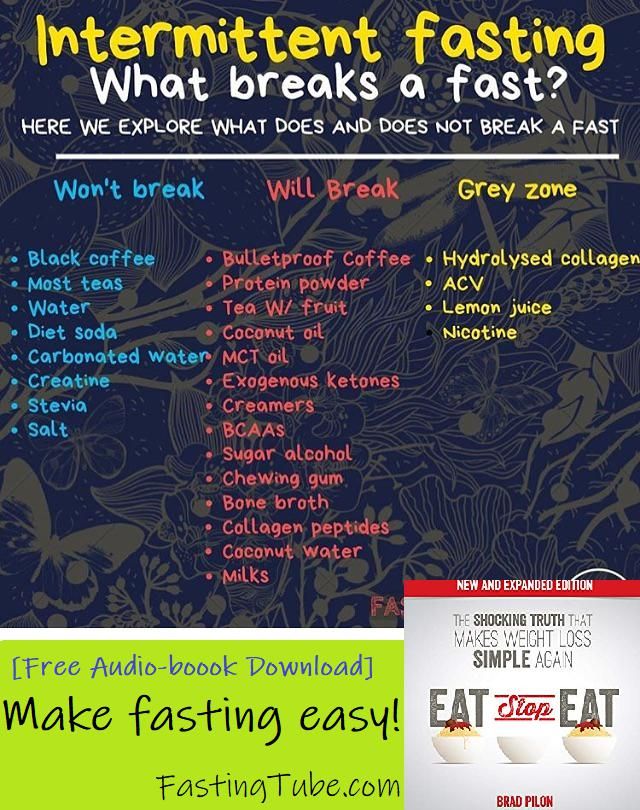How to Properly Decide if Fish Fits into Your Vegetarian Diet
As vegetarianism continues to gain popularity, many individuals contemplating a vegetarian lifestyle often grapple with the question: do vegetarians eat fish? Understanding the nuances of vegetarian diets—including the introduction of fish and seafood—can be pivotal in deciding if this dietary choice aligns with personal ethics and health goals. In this article, we will explore the varied perspectives surrounding fish in vegetarian diets, discuss the principles of pescatarianism, analyze the health benefits and risks associated with fish consumption, and provide practical guidelines for meal planning.
By the end of this article, you will have a clearer view of how incorporating fish into your vegetarian diet might benefit you or align with your dietary preferences. We will cover:
- The distinction between vegetarians and pescatarians
- Health benefits of including fish in a vegetarian diet
- Common misconceptions about vegetarianism and fish
- Alternative protein sources for those who choose to avoid fish
Let's dive into the important points that will help you evaluate your dietary choices effectively.
Understanding Vegetarianism and Pescatarian Diets
Building on the idea of dietary flexibility, it's essential to distinguish between vegetarians and pescatarians. Vegetarians abstain from all forms of animal flesh, including fish, while pescatarians include seafood in their diets alongside vegetarian foods. This differentiation is critical for anyone trying to understand their dietary options as it aligns with personal beliefs about ethical eating and animal welfare.
Defining Vegetarianism and Its Types
Vegetarianism is defined as a diet that excludes meat, fish, and poultry. However, there are various subcategories within this lifestyle:
- Lacto-vegetarians: Those who consume dairy products.
- Ovo-vegetarians: Individuals who include eggs in their diets.
- Lacto-ovo vegetarians: Those who consume both dairy and eggs.
- Vegans: People who avoid all animal products.
The factors influencing the choice of these diets often relate to health, environmental concerns, and ethical considerations regarding animal welfare. Understanding these different types is essential in making informed food choices that align with personal values.
The Pescatarian Lifestyle Explained
Pescatarians expand their dietary options by incorporating fish and seafood while still adhering to vegetarian principles in other aspects of their diet. This lifestyle is appealing to many individuals seeking a balance between obtaining all the nutritional benefits offered by fish—such as omega-3 fatty acids—and reducing meat consumption for health and ethical reasons.
Some benefits of a pescatarian diet include a diverse range of nutrients, such as protein, essential fatty acids, and vitamins, often absent in vegetarian diets. It is crucial to combine these with plant-based foods for a balanced vegetarian meal plan, promoting overall well-being.
Health Benefits of Including Fish in Your Diet
Considering the consumption of fish is not without its health benefits. Fish are renowned for their high levels of omega-3 fatty acids, which are essential for heart health, brain function, and reducing inflammation. These nutrients play a significant role in vegetarianism advantages and can dramatically enhance a vegetarian's nutrient intake.
Research shows that including fish can lead to significant health benefits, including:
- Improved cardiovascular health
- Enhanced cognitive function
- Better mental health outcomes
Careful meal planning can help pescatarians maximize these benefits without compromising their dietary preferences.
Common Misconceptions About Fish in Vegetarianism
Despite the benefits, several myths persist about the compatibility of fish in a vegetarian diet. Addressing these misconceptions can help individuals make empowered dietary choices.
Are Fish Vegetarian? Debunking the Myths
A common question arises: are fish vegetarian? The clear answer is no. Fish are classified as animal products, making their inclusion incompatible with strict vegetarian principles. However, many individuals argue that fish can be a part of a balanced vegetarian lifestyle, as they offer significant health benefits.
Understanding this distinction allows individuals to navigate their dietary choices better. It is important for newcomers to vegetarianism to educate themselves on these concepts to ensure clarity in their food choices.
Nutritional Benefits of Seafood Alternatives
For those who wish to adhere strictly to vegetarianism, exploring vegetarian fish substitutes can also be a great path. Plant-based alternatives such as tofu, tempeh, and legumes can provide similar nutrients to fish, including protein and essential fatty acids, without compromising vegetarian principles.
Additionally, considering sustainable seafood options can further bridge the gap between vegetarianism and fish consumption for those looking to maintain ethical eating practices.
Assessing the Health Risks of Consuming Fish
While fish can be beneficial, it's critical to consider the potential health risks associated with fish consumption. Factors such as contamination from mercury and other pollutants can outweigh benefits for certain individuals, including pregnant women and young children.
Common Health Risks to Consider
Here are some key health risks to evaluate regarding fish consumption:
- Exposure to heavy metals, particularly mercury
- Allergic reactions in susceptible individuals
- Possible sustainability issues with certain fish species
Individuals must be informed about these risks to make choices that align with their health goals.
Identifying Fish Allergies
For some individuals, the consumption of fish can lead to allergic reactions. Symptoms can range from mild to severe and may require elimination from the diet. Those with a known fish allergy should seek out alternative protein sources to ensure a balanced vegetarian meal plan without health risks.
Exploring Nutritional Alternatives for Vegetarians
If the decision is made against fish consumption, fear not; many vegetarian protein sources can still provide a well-rounded diet. Understanding alternative sources can help maintain nutritional balance and promote overall health without the need for fish.
Top Protein-Rich Vegetarian Foods
Incorporating diverse plant-based foods can fulfill your protein needs effectively. These sources include:
- Lentils and beans
- Nuts and seeds
- Quinoa and whole grains
- Plant-based protein powders
These options contain essential amino acids and vitamins crucial for a healthy vegetarian lifestyle.
Practical Tips for Vegetarian Meal Planning
Planning meals around these protein-rich vegetarian foods can lead to a fulfilling diet. Utilize creative cooking methods and explore unique vegetarian recipes that make the most of ingredients. Engaging with vegetarian cooking techniques will help draw out flavors and ensure delicious meals without relying on fish.
Conclusion: Making Informed Dietary Choices
Deciding whether to include fish as part of a vegetarian diet is a personal choice influenced by various factors ranging from ethics to health considerations. Understanding the nuances of vegetarianism, recognizing the health benefits and risks associated with fish, and exploring alternative protein options enables individuals to make informed dietary choices. By embracing a flexible and informed approach, you can find harmony in your eating practices—whether that includes fish or not.


